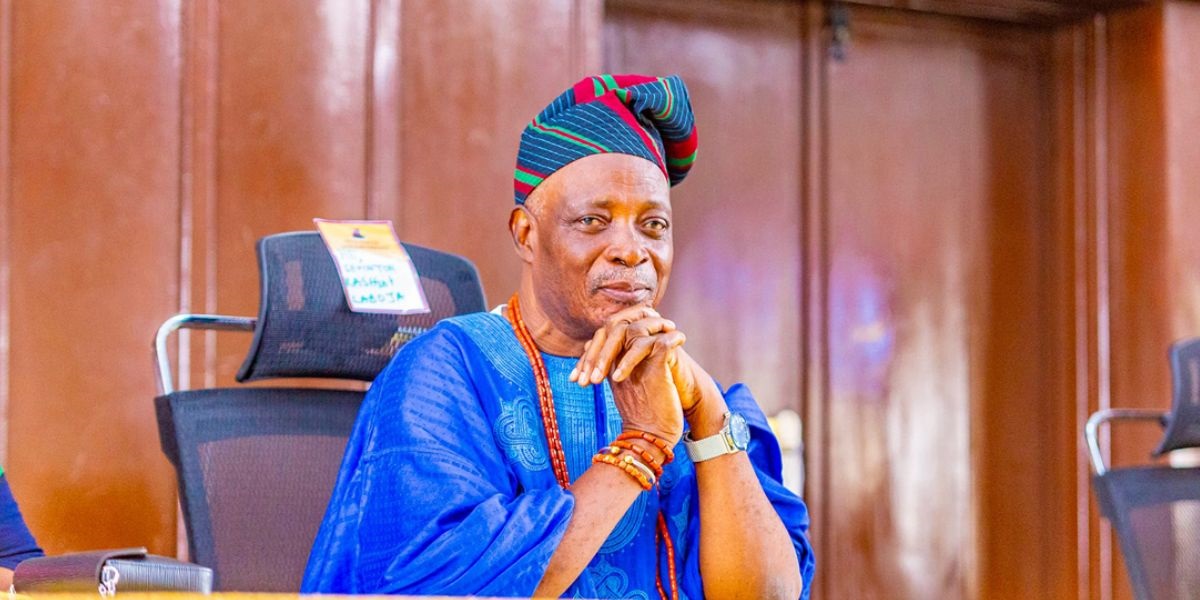
The Nigeria Extractive Industries Transparency Initiative (NEITI) has called for gender inclusivity in the policy-making positions in the extractive industry to enhance the principles of fairness and unlock the full potential of the nation.
The Executive Secretary of NEITI, Dr Orji Ogbonnaya Orji, made the call at an event to commemorate the 2025 International Women’s Day (IWD) held at NEITI House, Abuja.
In his opening remarks, Orji stressed the theme of this year’s IWD, “Invest in Women: Accelerate Action,” noting that “globally, the extractive industry has been characterised by a significant gender imbalance. He said women remain underrepresented in key top positions, often facing barriers that hinder their full participation and advancement.
According to him, with women constituting a mere 12 per cent of the labour force in the extractive sector, “the disparity limits the potential of half of the world’s population, depriving the industry of diverse perspectives essential for sustainable growth and innovation.”
He called on policymakers at all levels of governance to foster a wider space for inclusion, gender equity, and support within the society, particularly in the extractive sector and governance at large, especially at the leadership level where there is a deep yawning gap.
Orji explained that the current rate of progress, achieving full gender parity is projected to take until 2,158 years, approximately five generations from now, a timeline he affirmed unacceptable.
He called for immediate and concerted efforts to dismantle “systemic barriers and biases impeding women’s advancement.”
Orji said: “The business case for investing in women has never been clearer. To address these disparities, we must implement inclusive policies that promote gender diversity, empower women with the necessary skills and knowledge to ascend to leadership positions, ensure accountability for commitments to equity, and foster a supportive culture.”
He stated that the underrepresentation of women in both the extractive sector and governance is not merely a matter of social justice. It is an issue that impacts economic efficiency and sustainable development, with diverse leadership teams under women known to foster innovation, enhance decision-making, and improve organisational performance.






